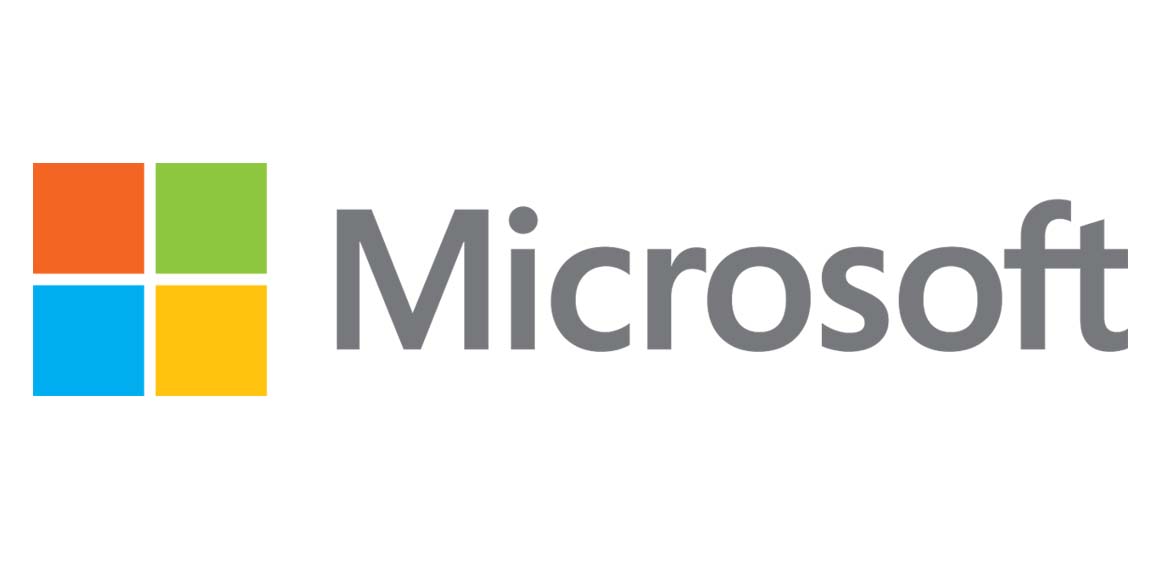Baptismals, confirmation rites, the Holy Communion, weddings, funerals, even Sunday masses–these are just some of the occasions that are held in Catholic churches. It is a place where both simple and momentous events take place, be it a weekday mass at noon, or a grand wedding. Underneath all these occasions, however, are countless data that need to be processed, organized, and filed.
The Catholic church transcends its role as a venue for various events in a person’s life. It needs to record a multitude of data such as marriage certificates and death records. However, there are churches in the Philippines that still process and record files using paper alone. This makes recorded data to be susceptible to theft and destruction, most especially with the threat of natural disasters.
The Parish of Santo Tomas de Aquino, or Santo Tomas Church, in Santo Tomas, Batangas, is quick to identify the need to transform its record-keeping processes. In 2018, the Archdiocese of Lipa, Batangas, partnered with the Philippine Daybook Registration Corporation, next|ix, and solutions provider OVCode to keep their data in a digital space. OVCode then linked with Microsoft to use its cloud computing platform, Azure, to enable Santo Tomas Church to shift from manual to digital record-keeping.
Before going digital, all documents were recorded on paper, which the Catholic church calls “the book.” All files were physical, tangible copies that were filed in the church. When a file is needed, the church would have to manually open the books one by one and go through indices.
In response to the old system, OVCode’s digital infrastructure enables both the church and the community to manage and retrieve their records conveniently. Members of the Catholic community are able to access their files and certificates through the platform, and no longer have to physically be present in the church to retrieve any records they may need. Similarly, the church can manage the data efficiently and more securely through the platform. “It isn’t complicated anymore. We don’t have to open our books and check the index one by one. There are times that we need something to be verified, that’s the only time when we have to check the books,” says Father Juan Nepomuceno D. Fruto of the Archdiocese of Lipa. “We save more time, reduce chances of error in retrieving the files, and make it easier and more convenient for members of the community to access their records.”
OVCode’s platform uses blockchain technology to securely keep the church’s documents, and integrates this with Microsoft Azure’s cloud technology to safely run applications and secure data.
While some staff met the transformation with difficulty, most gradually adapted to the new process. “In fact, this newer version is similar to their old system. This iteration is now just one click, based on our discussion with them,” according to OVCode’s Chief Architect Rosary Tuico.
Now that digitally transforming record-keeping in the Santo Tomas Church has been successful, the end goal for the project is to transform and digitally connect all churches in the Philippines to uniformly provide more convenience to both churches and the wider and Catholic community.
“The religious sector may not be the first thing that comes to mind when it comes to digital transformation,” Christian Lim, Microsoft Philippines’ Chief Operating Officer said. “But now, more than ever, various industries have seen the need to think outside the box to optimize their operations and secure their data. By adapting blockchain and cloud technology, the religious sector is proving to be a beacon of progress.”












